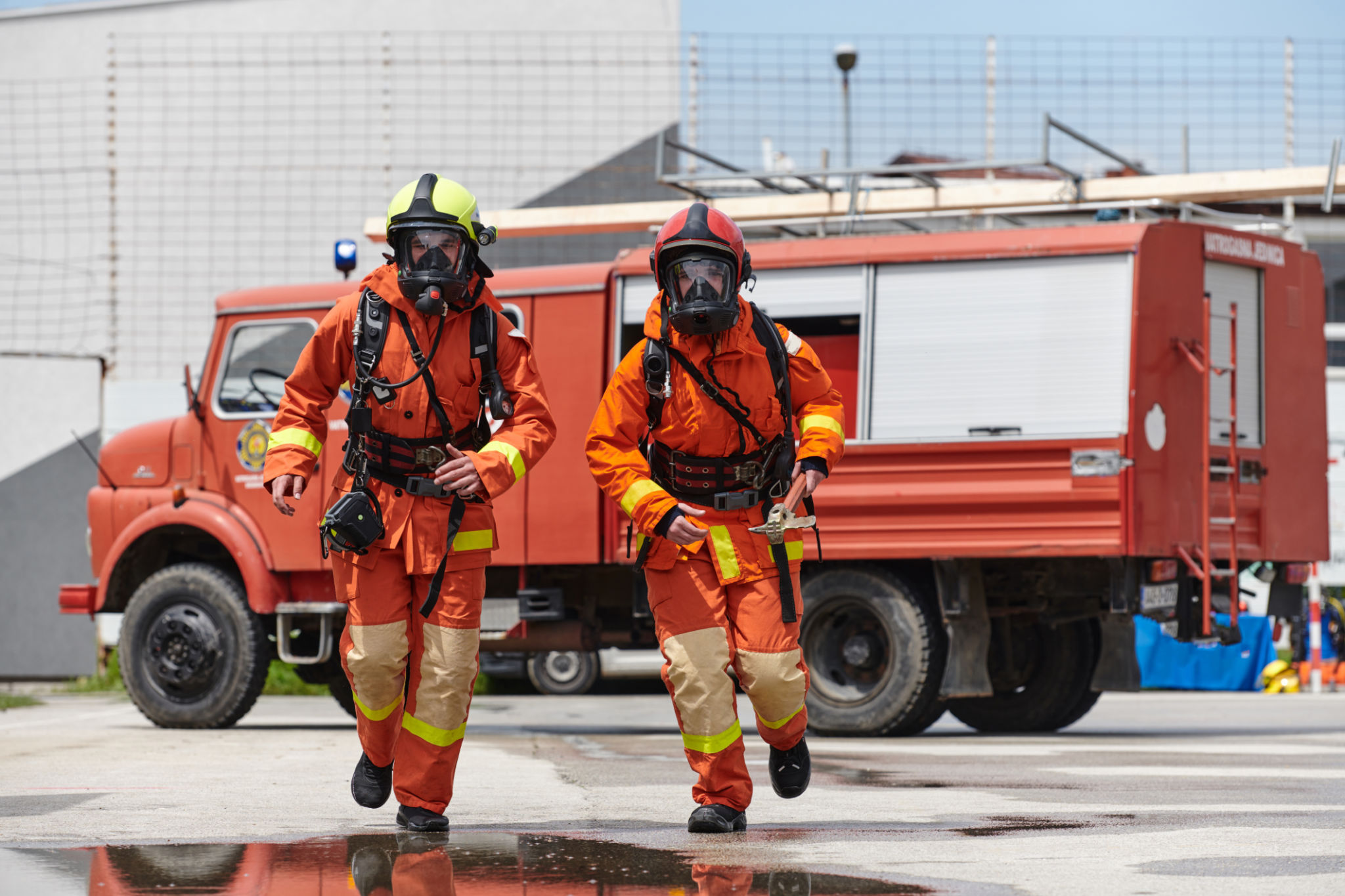Case Study: Improving Emergency Response with Advanced Dispatch Services in Dartmouth
Introduction to Advanced Dispatch Services
In recent years, the city of Dartmouth has taken significant strides in enhancing its emergency response capabilities. At the heart of these improvements is the integration of advanced dispatch services, a revolutionary approach that leverages cutting-edge technology to streamline operations and improve response times. This case study explores how these advancements are making a difference in emergency management across the city.
Dispatch services play a crucial role in the coordination of emergency responses. Traditionally, these services relied heavily on manual processes, which could lead to delays and inefficiencies. However, with the adoption of advanced systems, Dartmouth is now able to offer a more efficient and effective response to emergencies.

The Role of Technology in Emergency Response
Technology has always been a game-changer in various sectors, and emergency response is no exception. The new dispatch system implemented in Dartmouth integrates GPS tracking, real-time communication, and data analytics. These features allow dispatchers to quickly identify the location of resources and deploy them efficiently, reducing response times significantly.
Moreover, the system provides first responders with critical information before they arrive at the scene. This includes details about the incident, potential hazards, and updates from other units already on site. Such information is vital for ensuring the safety of both responders and the public.

Benefits of Advanced Dispatch Systems
The introduction of advanced dispatch services in Dartmouth has yielded numerous benefits. Here are some key advantages:
- Improved Response Times: The integration of real-time data allows for faster decision-making and deployment of resources.
- Enhanced Coordination: Seamless communication between dispatch centers and field units ensures a coordinated response.
- Increased Safety: Access to comprehensive incident information helps responders prepare for potential risks.
Case Study: A Real-Life Application
One notable instance illustrating the impact of advanced dispatch services occurred during a recent severe weather event in Dartmouth. The city's emergency management team had to deal with multiple incidents simultaneously, including power outages, road closures, and medical emergencies.
Thanks to the advanced dispatch system, dispatchers were able to prioritize incidents based on severity and efficiently allocate resources. This strategic approach ensured that the most critical situations received immediate attention while maintaining coverage for other areas.

Challenges and Future Outlook
Despite the successes, implementing advanced dispatch services is not without its challenges. The transition from traditional systems requires substantial investment in technology and training for personnel. Additionally, ongoing maintenance and updates are necessary to keep the system functioning optimally.
Looking ahead, Dartmouth aims to continue refining its emergency response capabilities. Plans are underway to integrate artificial intelligence and machine learning algorithms into the dispatch system, which could further enhance predictive capabilities and resource management.
Conclusion
The case study of Dartmouth's advanced dispatch services underscores the transformative impact of technology on emergency response operations. While challenges remain, the benefits of improved efficiency, coordination, and safety are undeniable. As technology continues to evolve, cities like Dartmouth are well-positioned to set new standards in emergency management.

